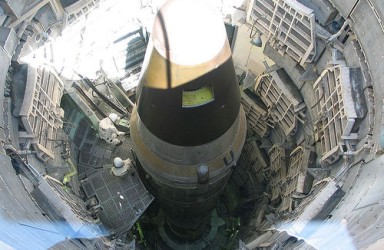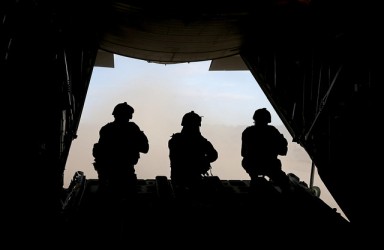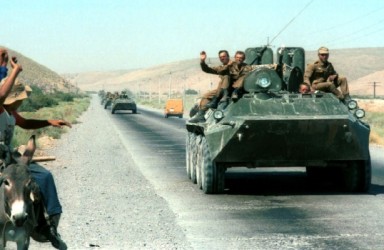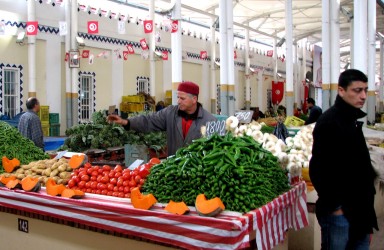‘R2P’ as an Emerging Norm
R2P’s power lies in its potential, as an emerging norm, to shift state attitudes to mass atrocity crimes to a legal commitment to protect at risk people around the world.
The Political Impact of Social Media on the Arab Gulf: Saudi Arabia and Bahrain
Digital platforms have enabled a thickening of Gulf civil society, with information flows and enhanced social interaction extending and empowering popular voice.
Was the ‘Oil Weapon’ Effective in Achieving the Arab States’ Goals in 1973–74?
While the Oil Weapon enjoyed some success, it was ultimately a political debacle, and few of the goals envisioned by the OAPEC states were achieved.
Strategic Offensive Weapons and the International System
Globalization has reduced the importance of space in geopolitics, but Iraq, Iran and North Korea have developed capabilities to increase the value of space.
Local Governance and the “Arab Spring”: A Guide to Libya’s Political Transition
Assessing the extent and characteristics of the impact of the “Arab Spring” on the political trajectory of Libya has proven a difficult task.
The Challenges of British Counterinsurgency in Helmand – Why did it go so Wrong?
Britain exhibited a lack of adhesion to the rules and maxims posited by classical COIN theory and subsequently faced many challenges.
Syrian Refugee Women in Lebanon: Gendering Violence through Johan Galtung
By utilising gender as a key conceptual tool of analysis, different dimensions of the impact of the Syrian conflict on displaced populations can be examined.
Legitimacy and the US-led Invasion of Iraq
The existence of legitimate norms & principles within international society did, in fact, exert influence over the US’ behaviour in its 2003 invasion of Iraq.
Why Did the Soviet Union Invade Afghanistan in 1979?
The USSR’s invasion of Afghanistan was the result of an intertwined set of concerns and interests within Moscow, rather than socialist internationalism or prestige.
Neoliberal Globalisation and the “Arab Spring”; One Facet of a Global Movement?
The movements of 2011 were motivated by multiple grievances, but the common underlying factors were socioeconomic grievances and a rejection of the neoliberal program.













